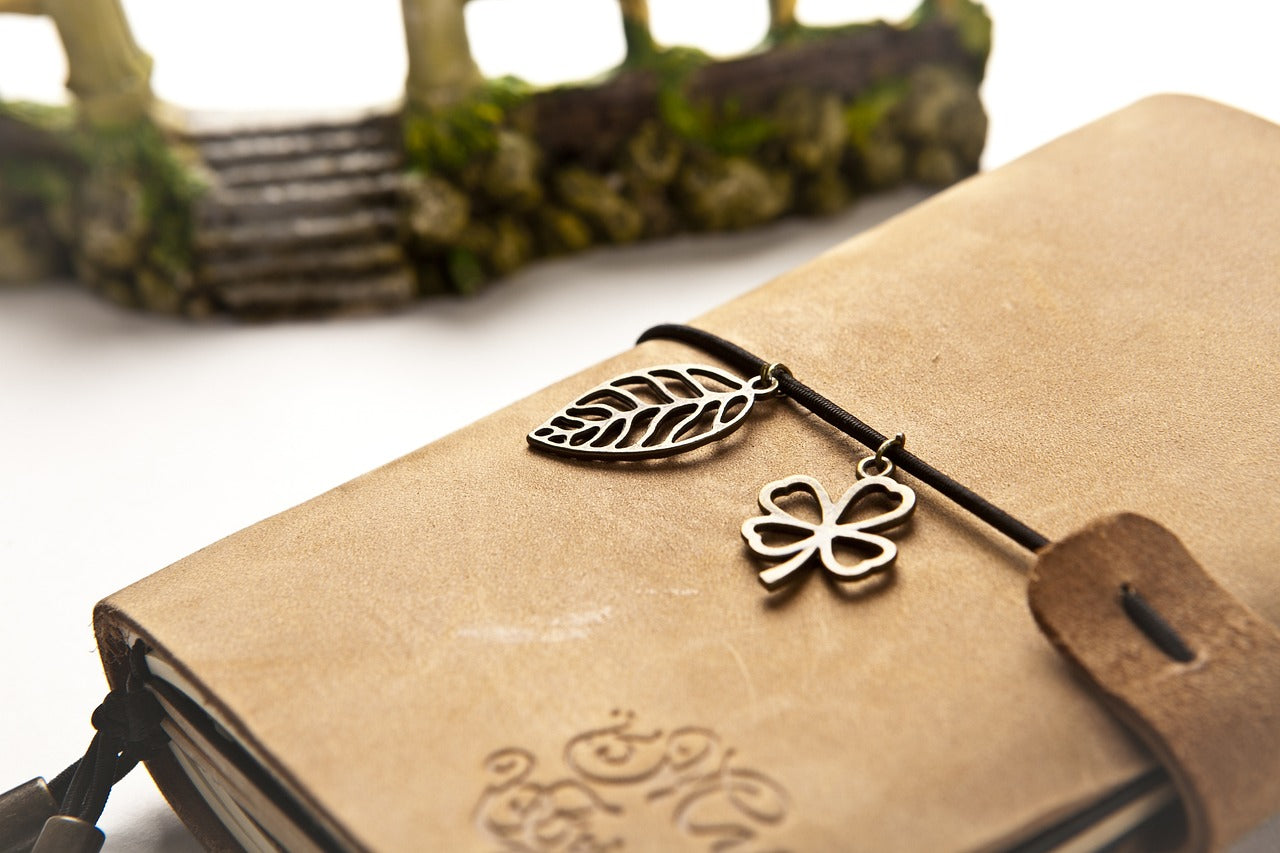
The Joy of Journalling: How Writing Supports Mental Clarity and Calm
Journalling has long been a simple yet powerful way to reflect, reset, and reconnect with ourselves. Whether you're writing about your day, your feelings, or your goals, journalling offers a calming space to slow down and gain clarity. In later life, this quiet habit can become a valuable tool for emotional wellbeing, mental sharpness, and overall peace of mind.
Why Journalling Matters in Later Life
As we age, our lives can naturally shift—retirement, health changes, or the loss of routines that once filled our days. Journalling offers a space to process these transitions. It allows you to explore your thoughts and feelings without judgement, helping to ease anxiety and improve emotional resilience.
Putting pen to paper can help make sense of what’s happening internally and externally. It gives structure to our thoughts and can help with memory, focus, and self-awareness. Whether you’re writing long entries or brief reflections, it’s the consistency that counts.
Benefits for Mental Clarity
Daily or even weekly journalling helps clear the mental clutter. Writing things down can help reduce overthinking and create a sense of order. It becomes easier to identify patterns in your emotions or behaviours, leading to better understanding and decision-making.
In fact, studies show that journalling can support cognitive function. It stimulates the brain in a creative yet structured way, strengthening your ability to concentrate and recall information.
Creating Calm Through Routine
Journalling can become part of a calming daily routine. Just five to ten minutes in the morning or evening can offer a grounding effect—similar to meditation or a quiet cup of tea. It’s a moment to be present, breathe, and listen to your inner voice.
This act of slowing down, especially in a fast-moving world, can help reduce stress and support emotional balance. It’s not about perfection—spelling, grammar, or even coherence don’t matter. What matters is that it feels true to you.
Getting Started: Tips for Building the Habit
If journalling is new to you, start simple. Try any of the following to begin:
-
Set a time and place. A quiet corner and a regular time of day help make it a habit.
-
Use prompts. Try questions like “What made me smile today?” or “What am I grateful for?”
-
Keep it brief. A few lines a day is enough to make a difference.
-
Don’t overthink it. Write freely and don’t worry about how it sounds.
-
Try different styles. Lists, doodles, poems, or letters—do what feels right for you.
Journalling as a Lifelong Companion
There’s no right or wrong way to journal. It’s a personal space—just for you. Over time, it can become a treasured part of your routine, offering comfort and insight. Whether you’re jotting down memories, expressing gratitude, or simply venting emotions, journalling is a gentle and powerful way to care for your mental wellbeing.



Leave a comment
This site is protected by hCaptcha and the hCaptcha Privacy Policy and Terms of Service apply.